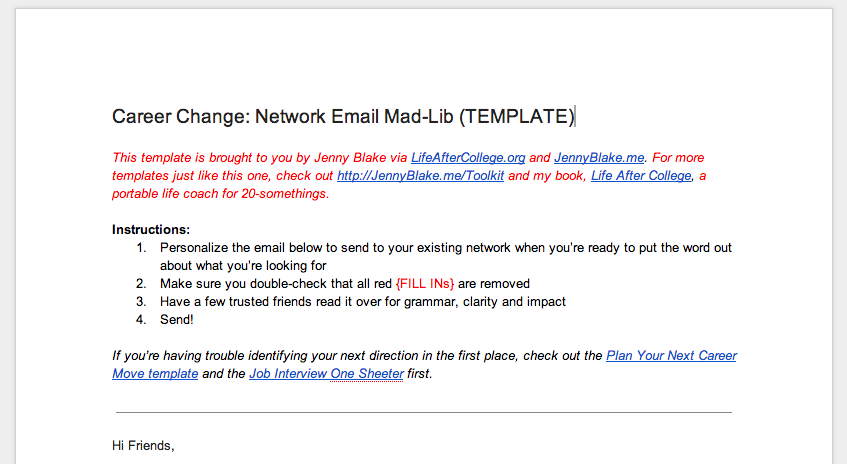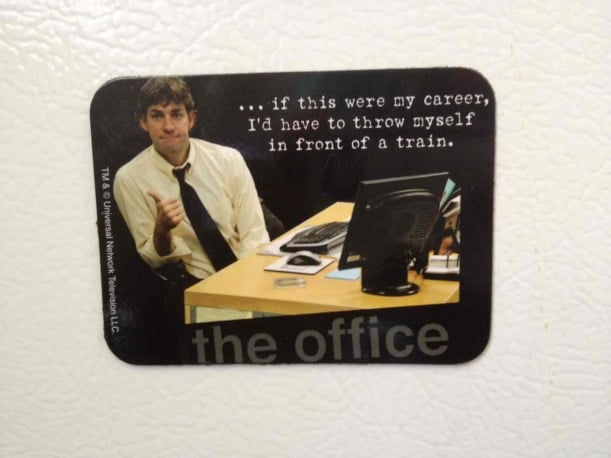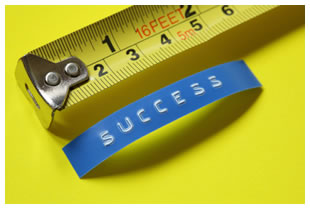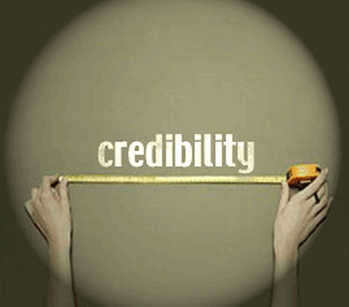Written by Davis Nguyen
“If you could have dinner with any living person who would it be?”
I enjoy asking this question, because the answer tells me a lot about the person I’m asking: qualities they admire, their interests, and the type of person they might want to be.
When the question is asked of me, I usually reply with the author of the book I am reading at the time. No matter the book I was reading, my asker would always leave with an answer and I was left with another question:
“Why aren’t I meeting these people I admire so much?”
Most of the time the excuse I used to justify my inaction was,
“Why would someone like X want to talk to me?”
The Journey (and failures) begins
In January 2013, I sat in my dorm room and brainstormed a list of people I admired, from close friends to people who didn’t even know I existed. I called my list the “Dream 500.”
I decided that 2013 was going to be the year I faced one of my biggest fears: reaching out to people I thought were “too accomplished”, “too famous”, or “too good” for me. I turned my “500 dreams” into goals.
That was thirteen months ago.
The results?
- Dead-ends connections: 215
- Unread/Un-replied emails: 104
- Declined invitations: 23
- Accepted Skype conversations: 21
- Accepted invitations to speak at Yale: 10
- Internship offers: 4
- Five A.M. in person meetups: 3
- All-expense paid trips to meet my role model: 2
- Offer to join Life After College team: 1
- Start-ups founded: 1
- Lessons learned on relationship-building: enough for a lifetime
I list my results not to brag (or mention how often I fail at stuff), but to demonstrate that meeting your heroes is possible. As a first-generation college student who grew up in a poor community in Georgia, I had no connections and no one taught me how to “network.” All I had was my grit and willingness learn by failing.
What I found was that it is not about where you started, what you have (or don’t have), or your age. What does matter is your approach and mindset.
Through my successes and many…MANY failures, I learned a lot about forming and maintaining relationships.
Five lessons really stood out to me, which I applied when I first came into contact with Jenny Blake.
How to Approach YOUR Dream 500
1. “People don't care how much you know until they know how much you care”
Why do you want to reach out to this person? If your answer is so they could help you with X or Y, then you’re headed for failure. Everyone values their own time.
Think of all the emails, letters, and request for help Jenny must get. If she spent her time replying to all the request she wouldn’t have the time to do what makes her Jenny Blake.
Instead of asking what the other person can do for you, ask what you can do for the other person.
When Marisol and I reached out to Jenny in the summer, we wanted to see how we could most help Jenny. At the time, Jenny was developing and refining a talk she called, “Career in the Age of the App.” Being college juniors we knew a lot of students would love to hear advice from someone like Jenny. The students would gain valuable advice, Jenny would get to give her workshop as a Master’s Tea at Yale, and we could get to meet Jenny. We emailed her and described our proposal, and let her know that she would join the likes of Morgan Freeman, Bill Clinton, and others who have been a part of a Master’s Tea at Yale.
While the Yale name did help, what was even more useful was that we were long-time readers of Life After College. We followed Jenny and knew what was important to her and the LAC community. I never contact anyone without doing my research. You wouldn’t go into a job interview without researching about the company and their needs, why would you do it for people?
2. Make it easy for them to connect with you
Continuing from Lesson 1, Make Life Easy for the person you want to reach out to. Respect their time. Things such as keeping your email short and to the point or going out of your way to be helpful makes the person infinitely more likely to want to connect with you.
Marisol and I made it as easy as possible for Jenny to want to speak at Yale. We applied for funds for her trip, found a place for her to stay, organized the workshop space, marketed the event to students, and arranged a private dinner afterwards. All Jenny had to do was show up and be herself.
3. Follow-up, follow-up, and continue to follow-up
Why make a connection if you aren’t going to keep it?
After Jenny left, Marisol and I both followed up to personally thank Jenny and we continued to keep in contact with her. In December, Jenny mentioned needing help at LAC. A few phone calls later and here Marisol and I are here writing for the community we grew up being a part of.
4. Rejection teaches and Persistence pays
Yeah, I hate rejection too, but I find that as much I hate it, rejection has taught me at least as much as success has. Each email that went unreplied or unopened, I forced myself to change how I approached contacting my role models. With time my rejection rate went down and my success rate up.
At Yale there are 12 residential colleges (our dorms) each with their own master. Part of my list of role models were the 12 Masters at Yale. A year ago, I only knew my own college master, but not any of the other 11. I reached out to each and every one of them asking to meet. One of them was Master K of Silliman College. It took me 5 emails and 3 rescheduling before Master K and I had our first meeting. We hit it off. A few months later, when Marisol and I were looking for funding and a place for Jenny to stay, it was Master K who first popped in our minds. She quickly said yes and the rest was history.
5. Be Genuine – be you
I was going to put this first, but according to research we remember best the last item on a list. During the entire time I’ve known Jenny and the other amazing role models I’ve met this year (Susan Cain, Keith Ferrazzi, Pam Slim, etc.), I have always been myself and shown genuine interest in what is going on in their lives and helping them succeed.
If you don’t have genuine interest in the person with whom you are connecting with, then please stop. You are wasting your time, and theirs.
At the root of any successful relationship (business, family, romantic) is a sincere care for the other person’s well-being, success, and happiness.
We’d love to hear from you in the comments:
If you could meet anyone in the world who would it be? What is one step you could take towards making that happen?

About Davis Nguyen
Davis (@IamDavisNguyen) graduated from Yale University in 2015. He currently lives in San Francisco and works at Bain & Company. When he’s not helping CEOs transform their companies, he is helping recent graduates figure out the type of life they want for themselves and helping them get there.



 It was the last time I really thought about the choice I had made.
It was the last time I really thought about the choice I had made.





 Success is defined differently for each person. To this day, when I come across someone who uses the word success to describe their career, it makes me pause and try and reverse engineer that person’s definition… and then I compare it to my definition.
Success is defined differently for each person. To this day, when I come across someone who uses the word success to describe their career, it makes me pause and try and reverse engineer that person’s definition… and then I compare it to my definition.


 Written by
Written by 


